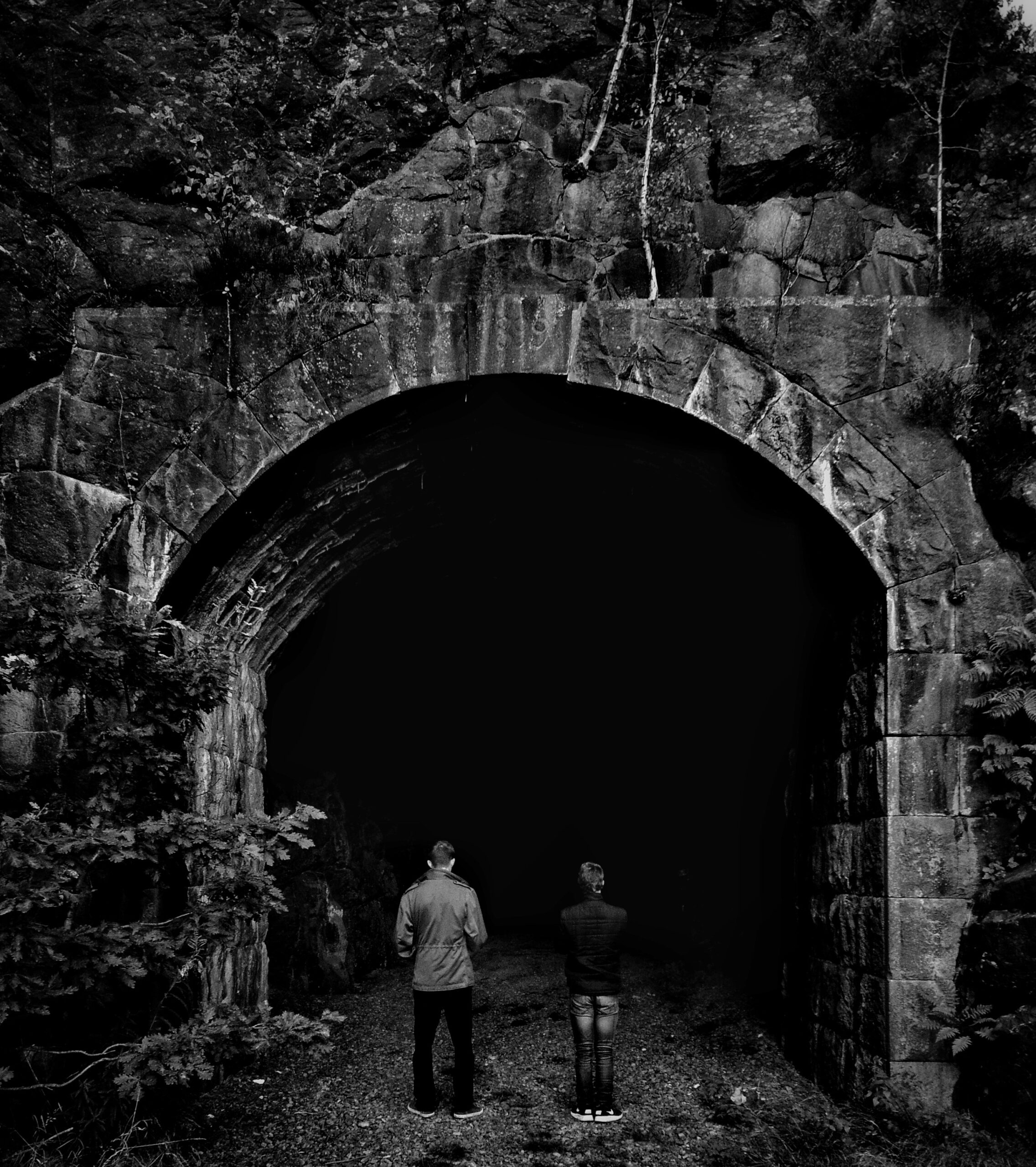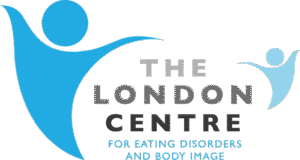Depression and Eating Disorders
Depression can deeply affect the way we think and feel about ourselves, and can also have a significant impact on the way we eat. At The London Centre, we provide compassionate, evidence-based care to help you address the symptoms and causes of low mood and depression.
Depression EXPLAINED
Understanding Depression and Its Connection to Eating Disorders
Depression is a common and treatable mental health condition that affects mood, motivation, energy levels, and self-worth. Depressive experiences can take many forms, including major depressive disorder, dysthymia (persistent depressive disorder), premenstrual dysphoric disorder (PMDD), and bipolar disorder. These conditions often involve prolonged sadness, emotional numbness, low motivation, or a heavy sense of hopelessness.
Depression and eating disorders frequently occur together. For some people, depression develops after an eating disorder emerges, as the emotional and physical strain of restriction, bingeing, purging, or body dissatisfaction begins to impact mood. For others, depression is present first and contributes to patterns of disordered eating as a way to cope with self-criticism, distress, or feelings of being out of control.
Because eating disorders and depression can reinforce one another, treating them together is essential. With integrated, multidisciplinary care, both conditions can be understood and supported safely and compassionately.
OCD EXPLAINED
How Depression Affects Body Image and Self-Perception
Depression can significantly distort how people view themselves. When mood is low, it becomes harder to think flexibly or compassionately, and small concerns about appearance may begin to feel overwhelming or consuming. Feelings of shame or withdrawal can build, particularly when someone is already struggling with body image or the physical effects of an eating disorder.
BDD and depression often appear together, creating a cycle in which intrusive worries about appearance increase low mood, and low mood heightens the intensity of body-focused thoughts. This can leave individuals feeling stuck, isolated, or unsure how to break free.
Therapy helps to gently challenge these negative narratives, rebuild self-esteem, and support a more balanced and compassionate understanding of oneself.
Common signs of Depression in Eating Disorders
Common signs include:

How Depression and Eating Disorders Interact
Depression and eating disorders influence each other in a number of reinforcing ways:
Understanding this two-way interaction allows us to treat both conditions together, supporting meaningful and sustained recovery.
How The London Centre
Treats Depression in Eating Disorders
The London Centre offers integrated, expert-led treatment that addresses both the emotional and behavioural components of depression and eating disorders. Our approach is warm, confidential, and tailored to each individual’s needs. Treatment supports clients to understand their thoughts and feelings, regulate their emotions, and build confidence in managing daily challenges.
Our multidisciplinary team includes psychologists, psychotherapists, dietitians, occupational therapists, and consultant psychiatrists who work collaboratively to ensure you receive cohesive, specialist care. We focus on helping clients rebuild stability in their eating patterns, improve mood regulation, and reconnect with the parts of life that feel meaningful and fulfilling

Therapies and Medication Used to Treat Depression and Related Conditions
Therapy plays a central role in managing low mood, strengthening emotional resilience, and supporting healthier coping strategies. At The London Centre, we offer a range of evidence-based approaches that are matched to each person’s needs, symptoms, and stage of recovery.
Therapies offered include:
These therapies help clients understand the link between thoughts, feelings, and behaviours; develop self-compassion; regulate emotions more effectively; and make sustainable changes in their relationship with food, mood, and daily life.
OCD EXPLAINED
The Role of Medication in Treating Depression Depression
Medication can also play an important part in improving depressive symptoms, especially when mood is significantly impacting functioning or making therapy harder to engage with. Stabilising mood can help make the therapeutic process more accessible, allowing clients to benefit more fully from psychological intervention.
There are several types of antidepressant medications available, and our Consultant Psychiatrist will talk you through the full range of options, helping you understand how each one works and what might be most suitable for your individual circumstances. If medication is recommended, we can either prescribe it directly or liaise with your NHS GP to do so.
Follow-up appointments are offered to review how the medication is working for you. Unlike many clinics, we are able to offer these reviews in a short, cost-effective 15-minute telephone appointment, ensuring you receive monitoring without unnecessary expense. Because antidepressants often take time to reach their full effect, there may be a period of dose adjustment or ongoing monitoring. If a particular medication isn’t helping, either because of side effects or limited improvement, we will help you explore alternative options so you can find the most effective and tolerable treatment.
Medication, when combined with evidence-based therapy, often provides a strong foundation for emotional stability and long-term recovery.
The Benefits of Treating Depression and Eating Disorders Together
When to Seek Professional Help for Depression
If you have been experiencing sadness, low motivation, exhaustion, or emotional numbness for more than two weeks, it may be time to seek support. Depression commonly accompanies eating disorders and BDD, and receiving early, integrated help can significantly improve recovery outcomes.
At The London Centre, we offer flexible and confidential appointments, ensuring you can begin treatment safely and at a pace that feels manageable. Recovery is absolutely possible, and no one is expected to face these difficulties alone.

Start your journey
Take the First Step
Towards Recovery
You deserve support, understanding, and the chance to feel well again. With the right care, it is possible to reduce depressive symptoms, improve emotional balance, and move towards a healthier relationship with food and your body. If you’re ready to talk, our clinical team is here to help.


